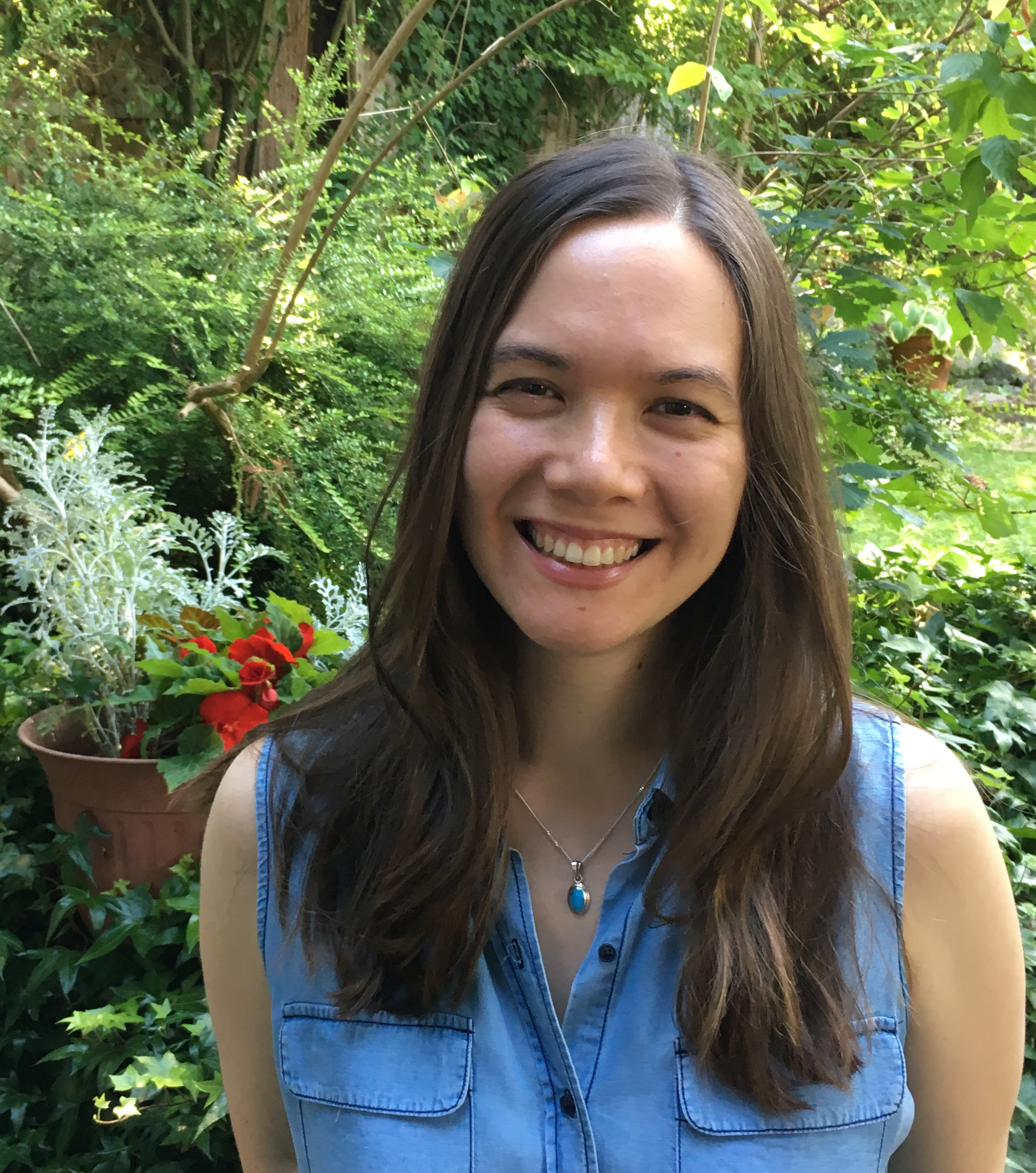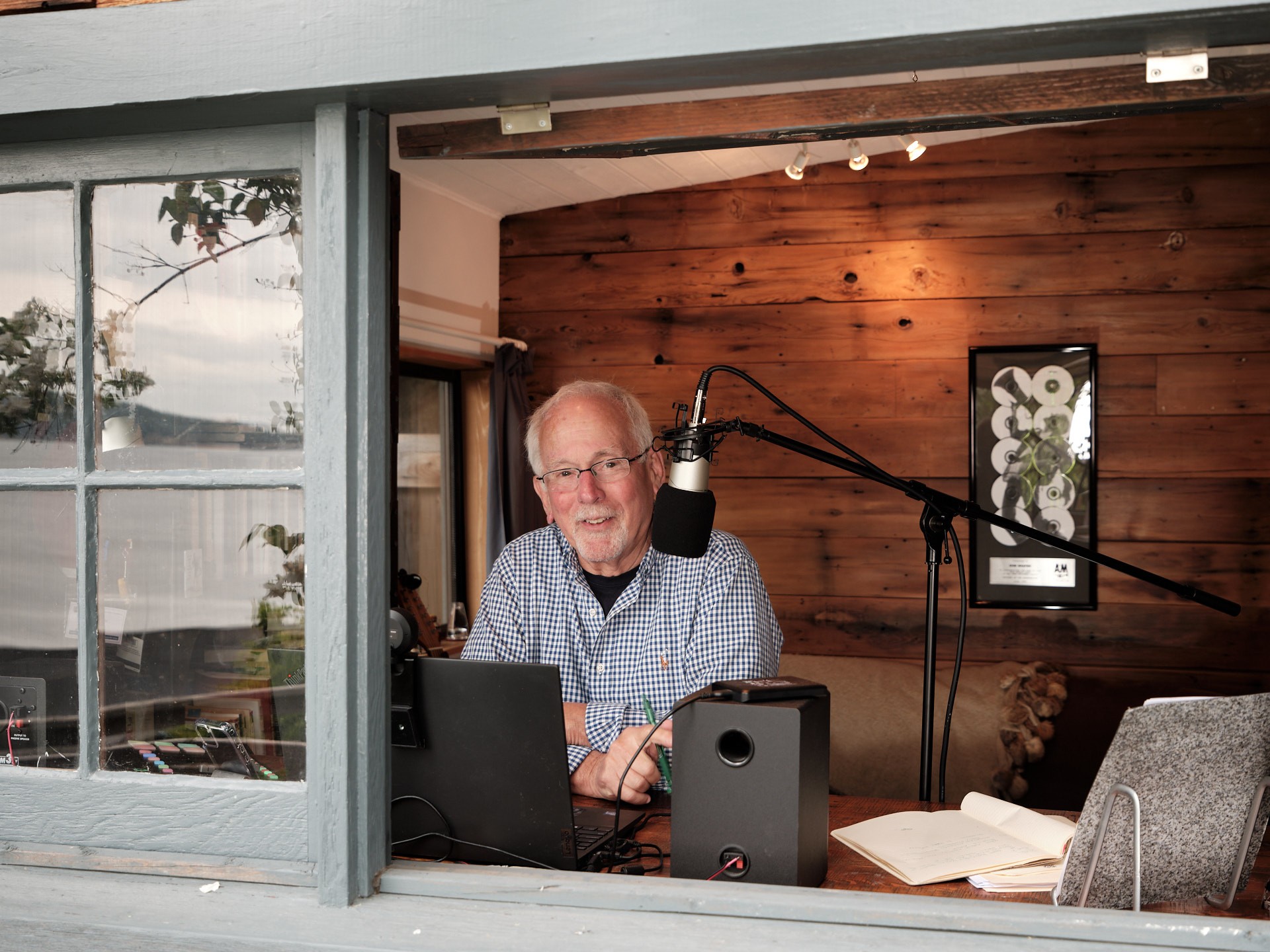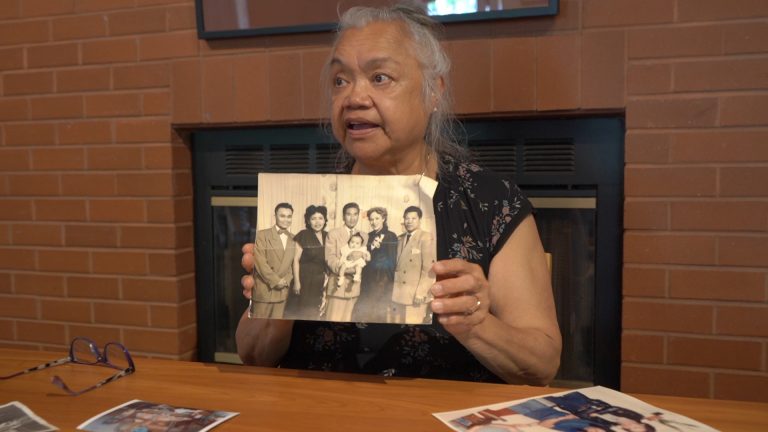

Margaretta James holds a family photograph which is included in her exhibit Coming Home. Photo: D. Chen.
For Elder Margaretta James (Mowachaht/Muchalaht First Nation), a Master’s student at the Institute for Gender, Race, Sexuality and Social Justice at UBC, academic research is a deeply personal endeavour. Her thesis exhibition, Coming Home, is a powerful act of storytelling—one that draws on her lived experience to illuminate histories that have often been overlooked or forgotten.
“We are all connected to our histories and the past -- even those parts we don’t speak of much. Personal history is an important part of wider history.”
Rooted in her own journey and family history, James’s exhibition connects her life story with the larger histories of migration, colonialism, adaptation and reconnection in the many places she calls “home”. From her father’s journey from the Philippines to Seattle, to connecting to her Stl’atl’imx roots with her maternal grandmother in Mount Currie, to her arrival in Yuquot and embarking on her life’s work helping to return a sacred shrine to the community after 120 years, every story is a powerful act of remembrance, reclamation, and resilience.
“We are such visual creatures, and an exhibition allows visitors to immerse themselves in the stories in a way that a traditional written thesis cannot. I hope the exhibit will bring people together and help bring some understanding about how we are all a part of something much bigger,” says James. “We are all connected to our histories and the past — even those parts we don’t speak of much. Personal history is an important part of wider history.”
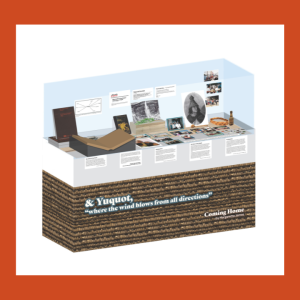

Coming Home features display cases Elder James’ family heirlooms, photographs, journal entries, weavings and other historical artifacts from Mount Currie, Kalibo Aklan, and Yuquot (rendering pictured, provided by V. So).
Coming Home features Elder James’ personal stories alongside family heirlooms, photographs, journal entries, weavings and other historical artifacts. Each piece is a portal into specific moments in time: the impact of colonization, migration, residential schools, cultural resurgence, and community healing and reconnection and the importance of family.
“In Coming Home, Margaretta beautifully exemplifies how personal experience and embodied knowledge provide critical insights into history,” says Dr. JP Catungal, GRSJ faculty member and Margaretta’s supervisor. “By telling her own story vis-à-vis her Filipino, Stl’atl’imx and Mowachaht/Muchalaht connections, Margaretta generously invites us to understand the entanglements between settler colonialism, immigration and Asian-Indigenous relations anew.”
An Academic Journey Interrupted and Reclaimed
Elder James’ path to a Master’s degree has not been straightforward. She first began working towards an undergraduate degree in the 1970s, but “life happened”. James married, had children, and began working in the community, but the dream of finishing her education never left.
“My father was always encouraging me,” says James. He left school in grade 3. He made it very clear how important education was and that I needed to finish my degree.”
“I feel very lucky to be able to do this now, at my age. To be around all these young people who are all full of energy and the desire to learn and grow has been invigorating”
It was this connection to her father that led James, then in her late 60s, to begin exploring her Asian/Indigenous heritage more deeply which in turn inspired her return to university to complete her BA. Now, at age 74, James is preparing to graduate with her Master’s degree in 2025.
“I feel very lucky to be able to do this now, at my age. To be around all these young people who are all full of energy and the desire to learn and grow has been invigorating. Everyone has been very welcoming in all my classes, “ says James. “Now with this exhibition and my thesis done, I’m proud of what I’ve accomplished.”
About the Exhibition
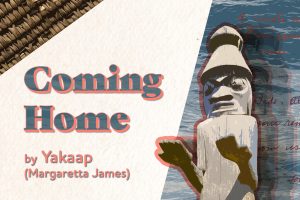

May 20 to July 31, 2025
Chung | Lind Gallery
Level 2, Irving K. Barber Learning Centre
UBC Vancouver
